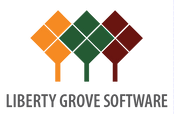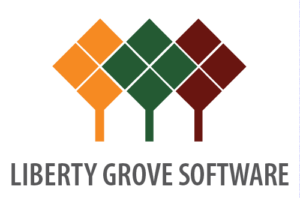Fork in the Road: Securing the Future of Food and Beverage with ERP Solutions
Future-proof your Food and Beverage business with an Enterprise Resource Planning (ERP) solution that streamlines operations, enhances productivity, and boosts profitability.

One of the questions I often hear from Food and Beverage manufacturers is, “How do we select a suitable ERP for our operation that will future-proof our growth and scalability without us making repeated, significant investments?”
Undoubtedly, it’s a good question.
Nothing saddens me more than seeing a Food and Beverage company invest significantly in an ERP solution only to find that it isn’t specific to their industry and doesn’t meet their needs.
How Does It Happen?
It’s a costly mistake and one that’s made all too often in the rush to streamline operations, overcome challenges, and increase profits.
Liberty Grove has been serving the Food and Beverage industry for years. The sector is undergoing rapid transformation due to shifting consumer preferences and demands, such as the increasing demand for organic and sustainable products, increasingly complex global supply chains, and changing legislation.
These changes present significantly greater challenges, and many Food and Beverage manufacturers now find that a modern, cloud-based, industry-specific ERP system is crucial for overcoming these obstacles and streamlining processes.
Common Challenges in Food and Beverage Manufacturing

The Food and Beverage industry faces various challenges, and global food supply chains experience particular difficulties. Here are some that customers turn to us to help address:
Variable Raw Material Costs and Availability: Unexpected shortages or increases in the cost of essential ingredients can devastate business operations. Adaptive supply chain planning is necessary for this.
Complexities of Inventory Management: Stock levels, expiration dates, and other factors must be carefully monitored to avoid wasting perishable commodities.
Dynamic Safety Regulations: Diverse local, national, and international requirements for food safety compliance lead to a maze of complications.
Quality Control: Maintaining uniformity across various product lines and facilities is difficult but not negotiable.
Globalized Supply Chains: With numerous hand-offs and ingredients sourced worldwide, products frequently cause disruptions.
Demands from Customers: Consumers today need sustainable, healthful goods and packaging that is entirely transparent about its sources and manufacturing methods.
ERP Software Provides Essential Solutions
Food and Beverage companies are implementing industry-specific ERP software solutions to overcome these obstacles.
Modern, industry-specific ERP systems like DynamicsFoodERP from Liberty Grove, powered by Microsoft Dynamics 365, guarantee the company's smooth operation by integrating disparate activities into coherent ecosystems.
Let's take a look at the main benefits industry-specific ERP platforms provide to this sector:
Agile Planning with Real-Time Data: Insights into operations, sales, and inventory allow for more intelligent supply chain planning even in changing circumstances.
Increased Facility Visibility: A single interface offers transparency throughout the business, essential for monitoring inventory freshness, cutting waste, and increasing productivity.
Adherence to Regulations Simplified: Integrated tools match procedures to current food safety standards at various locations.
Unwavering Quality Control: Consistent batch genealogy and sample testing procedures ensure product quality across product lines and production locations.
Improved Customer Experience: ERP enables businesses to provide outstanding responsiveness, openness, and distinctive products that clients like.
Global Supply Chain Resilience: Integrated systems give you the insight you need to spot and swiftly fix source constraints.
Actionable Insights: With robust analytics, plant managers and executives can make data-driven, strategic choices more quickly.
The correct ERP system offers enormous benefits for Food and Beverage companies that want to streamline complex processes and plan for future growth.
ERP Features Specific to the Food and Beverage Manufacturing Industry
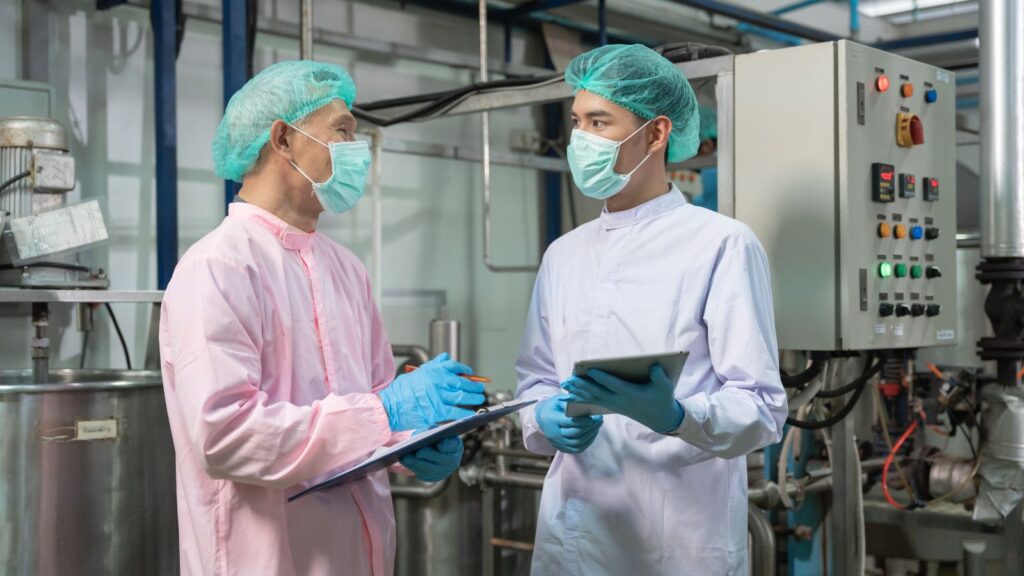
Food and Beverage companies need their ERP systems to have specialized industry skills in addition to typical ERP operations.
Recipe management: modify and cost recipes in response to changing consumer tastes and maintain profitability.
Shelf-life Monitoring: Track real-time expiration dates across facilities to prevent losses.
Integrated Workflows: aligning workflows with quality management software ensures consistency and unwavering excellence in quality control.
Regulatory Compliance: Comply with changing safety standards in various plants and nations.
Batch Traceability: allows for quick, focused recalls by tracking ingredients and product lots back to their precise sources.
Production Scheduling: Increase efficiency and planning in the production of perishable items.
Integrated Warehouse Management: to keep accurate inventory records and monitor expiration dates.
Modern ERP systems can enable food producers to function more efficiently by offering these capabilities along with fundamental ERP characteristics.
Essential Things to Look for When Choosing a Food and Beverage ERP
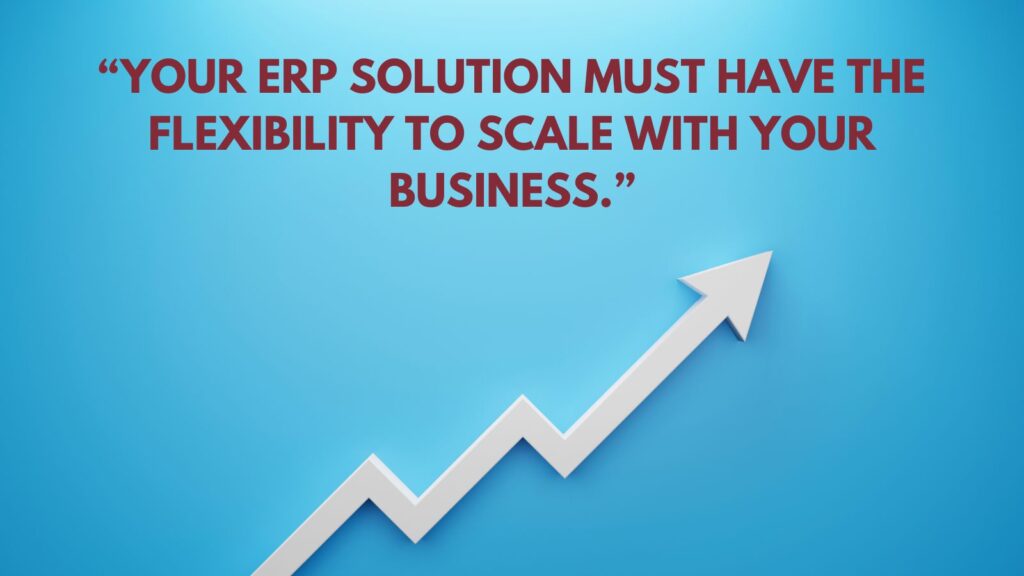
At Liberty Grove, we advise Food and Beverage manufacturers to consider more than just typical software features and costs when evaluating ERP solutions to ensure the proper fit and future scalability.
| Liberty Grove Tips | Resulting Benefit |
| Selecting the right ERP partner is crucial. | Seek a partner with experience and accomplishments in your industry. Examine whether their solution is tailored to the Food and Beverage sector. |
| Examine the system's scalability to ensure it meets your future growth plans. | The solution must increase as your business grows across locations, products, and continents. To avoid outgrowing your system, purchase the one you require in five years rather than one that suits your requirements today. |
| Consider whether modules include customization options. | Ensure modules, such as quality control routines or formula management requirements, fit your procedures. Watch out for too much personalization. The best systems will meet your needs with minimal modification. |
| Analytics drives strategic decisions. | Select forecasting and reporting solutions that provide lucid, practical insights based on data. |
| Adopt a gradual implementation strategy. | Implementing the ERP system gradually by department or site frequently makes the transition easier. |
| Factor in the cost of the entire project before purchasing. | In addition to the program or per-user fees, support, customization, training, and integration all add up. |
| Evaluate the benefits of a cloud-based ERP solution. | Consider control vs flexibility, as pricing models vary widely. |
How Does the Future Look for Food and Beverage ERP Solutions
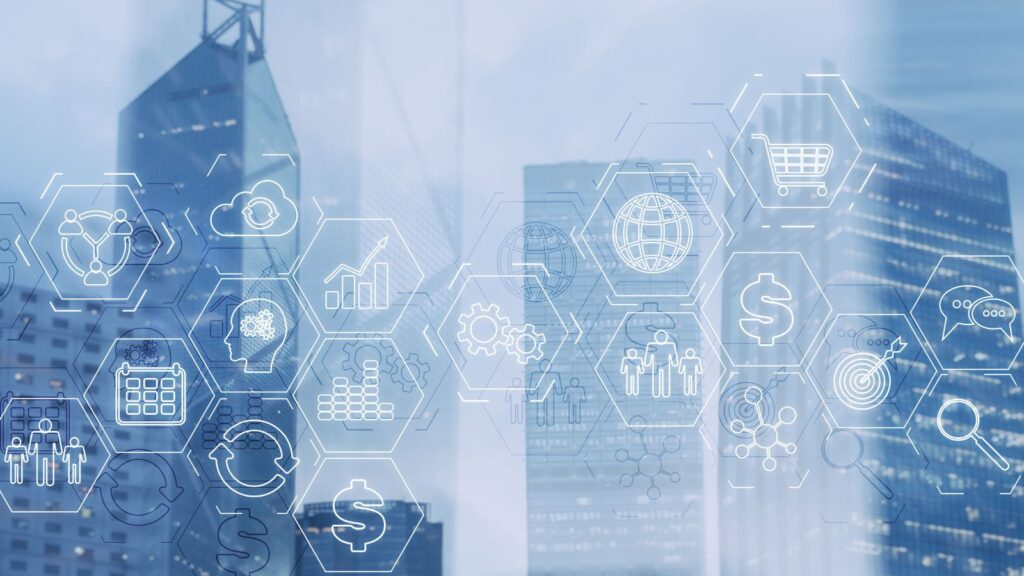
ERP systems for the food manufacturing sector keep innovating in the following areas as consumer needs and laws change. We’re seeing today’s ERPs:
- Utilizing machine learning and artificial intelligence to facilitate intelligent forecasting and improvements.
- Enabling greater mobility and access from any location via tablets and smartphones.
- Incorporating cutting-edge technology such as automation, blockchain ledgers, and IoT (Internet of Things) sensors.
- Monitoring waste and carbon footprints to help with sustainability projects.
- Supplying digital twin modeling for simulations and virtual testing.
Modern, forward-thinking ERP systems give Food and Beverage producers the resilience and flexibility to handle any future obstacles, ensuring the continuity and growth of their businesses.
Conclusion
ERP software gives complicated food and beverage businesses the digital tools they need to integrate dispersed processes, get rid of silos, cut waste, guarantee traceability, and foster data-driven agility. It's crucial to assess your present systems and how they might help you expand your business if you haven't recently established a new one.
Choosing the right ERP system for your Food and Beverage operation can be challenging and costly. However, making an informed decision can empower you and your business, preventing potential frustration and lost opportunities.
Is Your Food and Beverage Company Future-Proofed with an ERP Solution?
Whether you’re considering upgrading your ERP or implementing a system for the first time, the Liberty Grove team of ERP consultants can guide you through each step for a smooth ERP solution utilizing the most recent version of Microsoft Dynamics 365 Business Central ERP software.
Our team of experts will provide you with a calculated roadmap to automate your processes and streamline your way to success. Liberty Grove's decades of experience and proven technology result in increased flexibility, scalability, and reduced costs for your business.
Contact Liberty Grove for a complimentary consultation on how our team of experts can help your manufacturing operation successfully implement an ERP.
Related reading
How ERP Systems Revolutionize Manufacturing Costs
Increase Employee Productivity with A Modern ERP Solution
5 Ways an ERP Helps with Compliance in Manufacturing
About the author
Liberty Grove Software is an established Microsoft Partner that focuses on providing customers with sales, service, and support for Microsoft Dynamics 365 Business Central/NAV solutions and training and upgrades.
Liberty Grove Software helps manufacturing firms compete by automating tedious operations with Microsoft technologies. Our extensive manufacturing knowledge has established us as the preferred Microsoft partner for assisting mid-sized manufacturers in increasing production.
Over more than 25 years, Liberty Grove has assisted hundreds of customers with businesses ranging from small to mid-sized to Microsoft Partners in implementing, training, customization, and upgrading Microsoft Dynamics ERP solutions.
The organization is one of only a few companies worldwide that Microsoft recognizes as qualified to provide Business Central/NAV Upgrade Service Centers.
